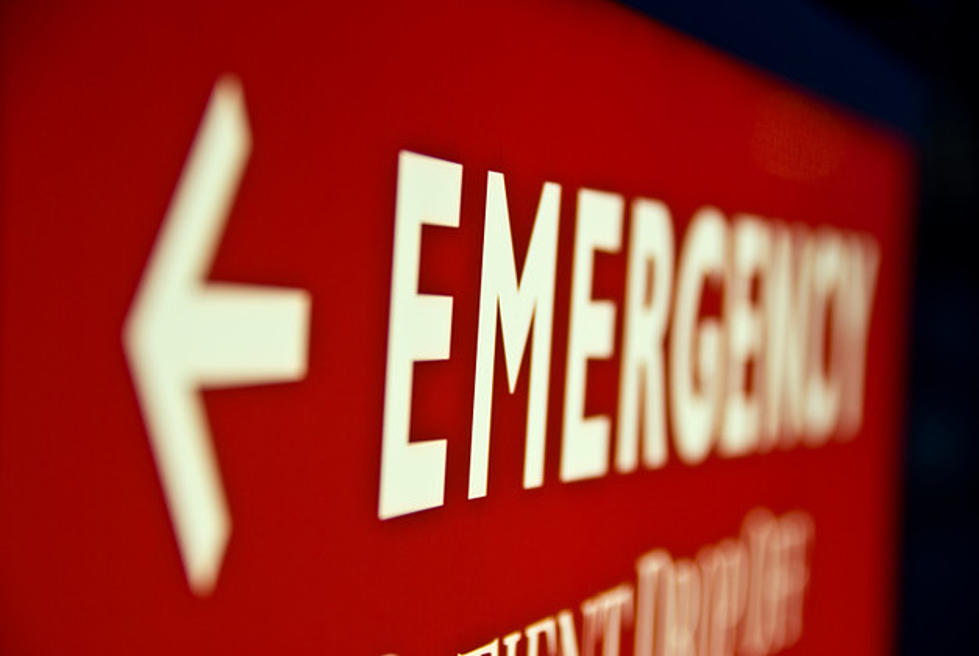
As the COVID-19 crisis worsens, some NJ hospitals consider layoffs
It sounds crazy but it’s true.
Even as state health officials continue their “call to action” for doctors, nurses and others with medical training to come out of retirement to help with the COVID-19 patient surge, some hospitals are looking at possible layoffs or furloughing some of their workers.
Many of the doctors and nurses, however, don't appear to be on the chopping block.
Kerry McKean Kelly, a spokeswoman for the New Jersey Hospital Association, said the primary focus is now on the novel coronavirus response, which means making sure there’s enough room in hospitals for patients sickened by COVID-19.
As part of this focus, hospitals have been ordered to stop performing elective procedures. But that has created financial pressures and revenue gaps from a loss of a significant source of revenue.
Kelly said the temporary freeze on elective surgeries means some areas of the hospital are quiet right, including registrars and patient accounting offices as well as cafeterias and gift shops. People who work in those settings may be candidates for furloughs and layoffs.
“Health care facilities are maintaining all essential operations to support their care teams as they take care of patients,” she said. “Keeping physicians, nurses, respiratory therapists and other members of the care team at the bedside, taking care of patients is Job 1.”
She also pointed out that many workers in hospitals — including respiratory technicians, physical therapists and the housekeep teams — are a vital part of maintaining essential operations.
She said while some federal assistance for hospitals is expected, it’s too soon to know what it will be.
“The federal stimulus bill is greatly appreciated but we don’t know yet how much will come to New Jersey and when that money will arrive," she said.
Kelly also said it is not known how the COVID-19 crisis will affect hospitals going forward.
“We really haven’t had time right now to think a lot about the long-term financial implications for hospitals and our broader healthcare system,” she said. “Unfortunately, these are very difficult times that will have a lingering impact on both healthcare providers and other employers.”

KEEP READING: See 25 natural ways to boost your immune system
More From Beach Radio










